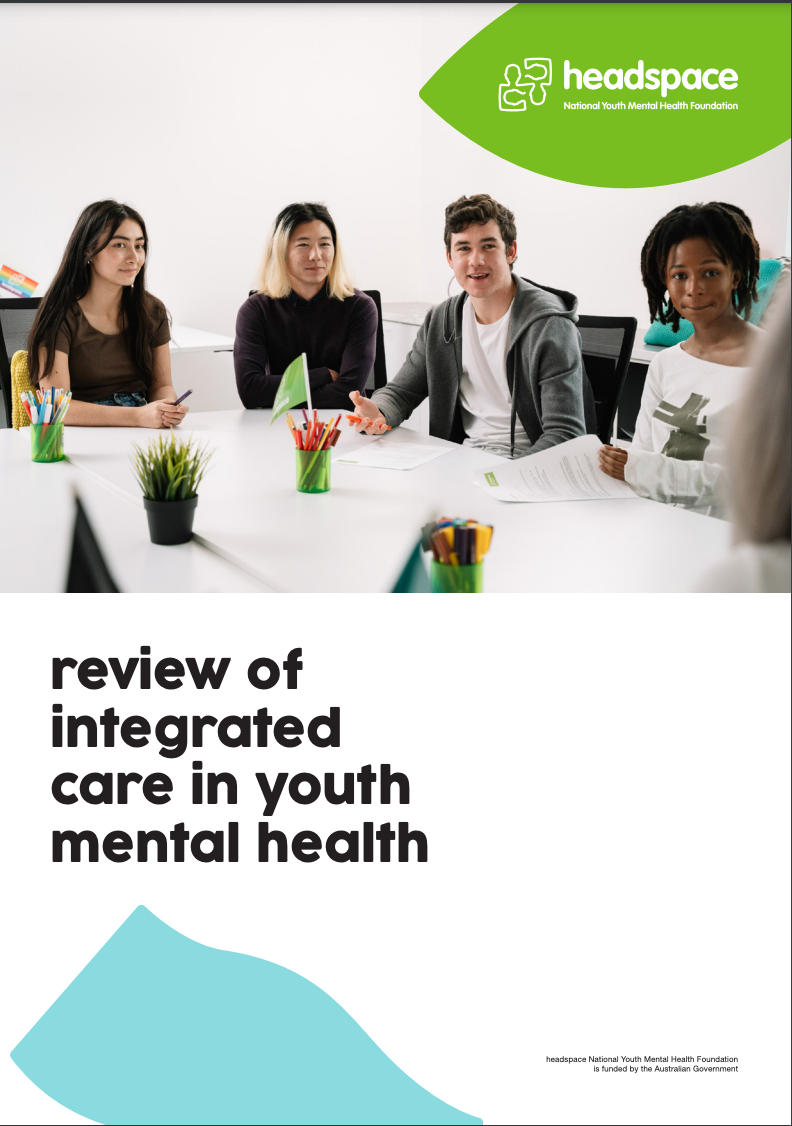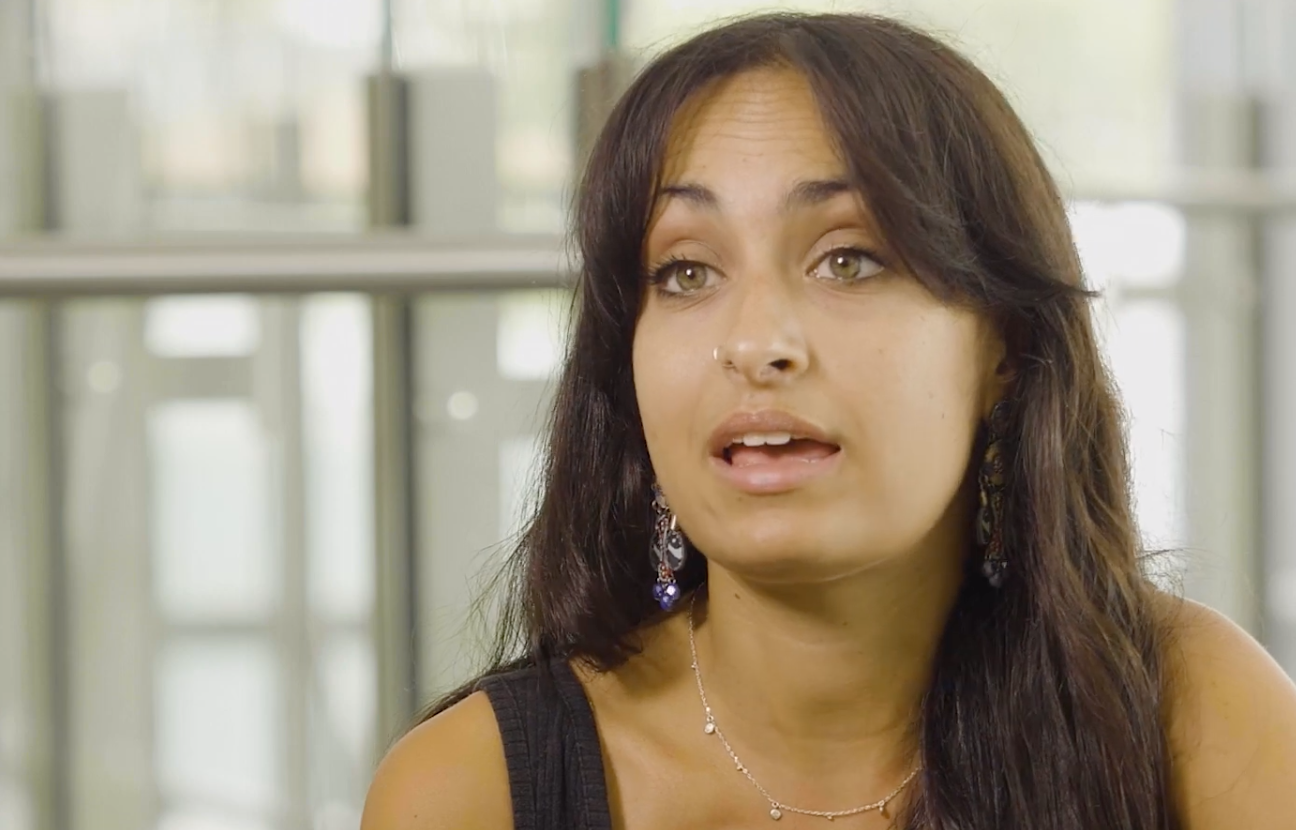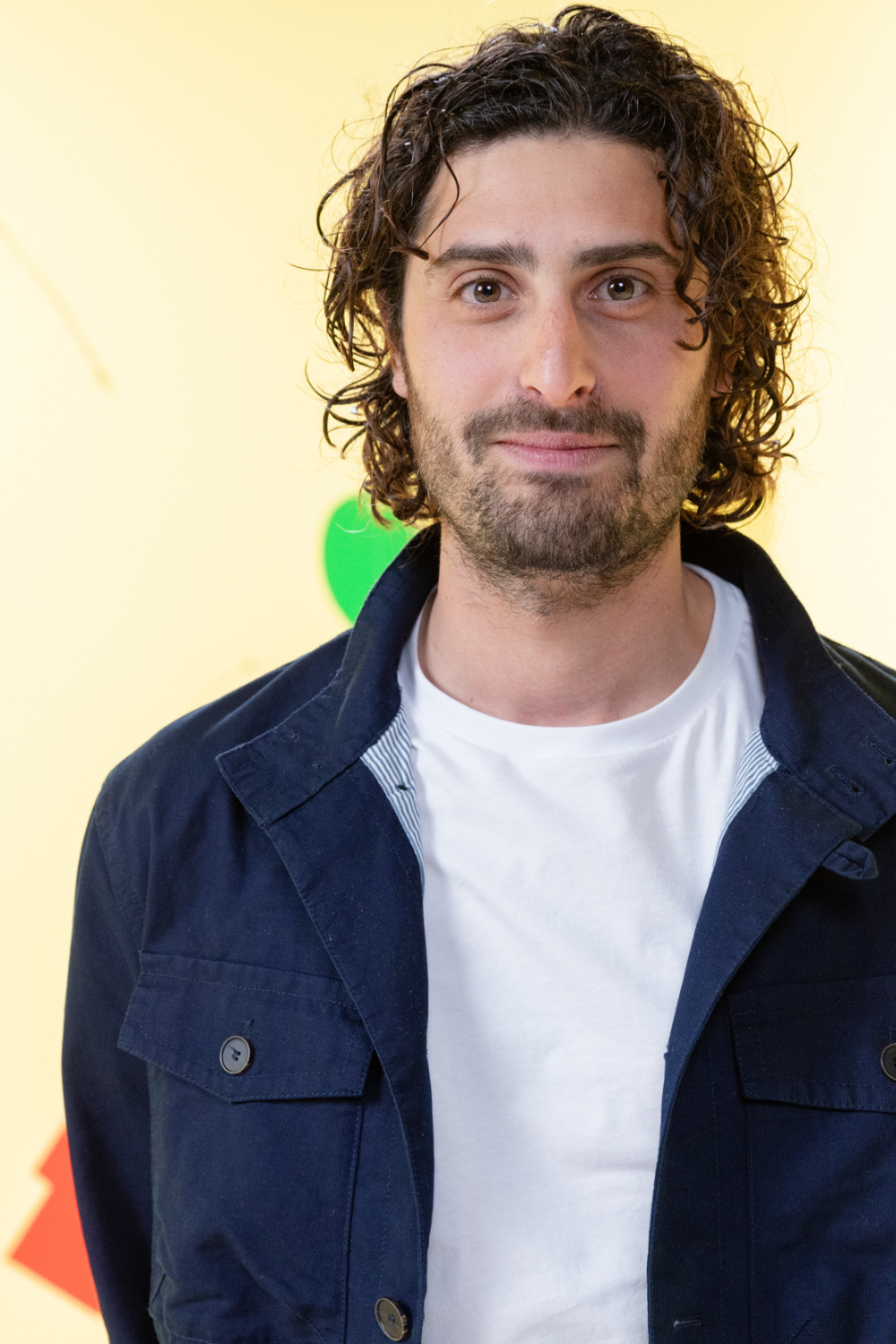Bringing young people’s experiences into service design

Mental health and related disorders, including anxiety, depression, psychosis or substance use, can have a significant impact on the mental, physical, and social well-being of young people, and lead to long-term health and social problems. The right support at the right time can get young people back on track to pursue the life they want, but good care is hard to find. Available treatment falls well short of the community’s needs, while health and social services are often fragmented and difficult to navigate.
In the video above, youth peer worker Rosie Singh discusses her participation in the Youth Integration Project.
The Mindgardens Youth Integration Project is a research collaboration with headspace national and other partners to explore how to fine-tune the youth mental health system. We think we can extract better value from the system if we integrate young people’s care across disparate services, provide information in forms they and their families understand, and empower them to navigate their own journeys.
In the first stage, Mindgardens researchers have reviewed academic and general-audience publications to build a picture of integrated youth mental health care. They examined real-world examples of services for people aged 12-24 years, such as the Australian headspace services, and the Foundry, in British Columbia, Canada, to examine what promotes integration and what stands in the way.
The most basic integration involves communication between separate services; co-located care, with services operating in the same physical space, is an intermediate level of integration; at the highest level, services come together fully, combining service delivery, workforces, information and communication systems, technology and/or funding. This work has identified challenges and gaps in existing integration models and highlighted the urgent need to develop formal integrated care pathways with rigorous evaluation of implementation, cost, sustainability and impact.
In its next stage, the Mindgardens Youth Integration Project will pilot test novel solutions to these issues that can be rapidly scaled up if effective. We think service integration can transform young people’s mental health care; now we are committed to finding practical evidence that it actually works.
Brings together the strengths of four founding organisations











